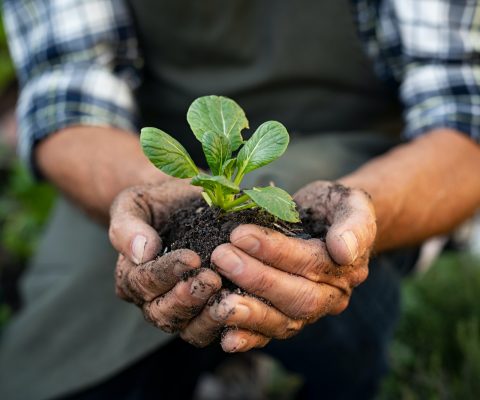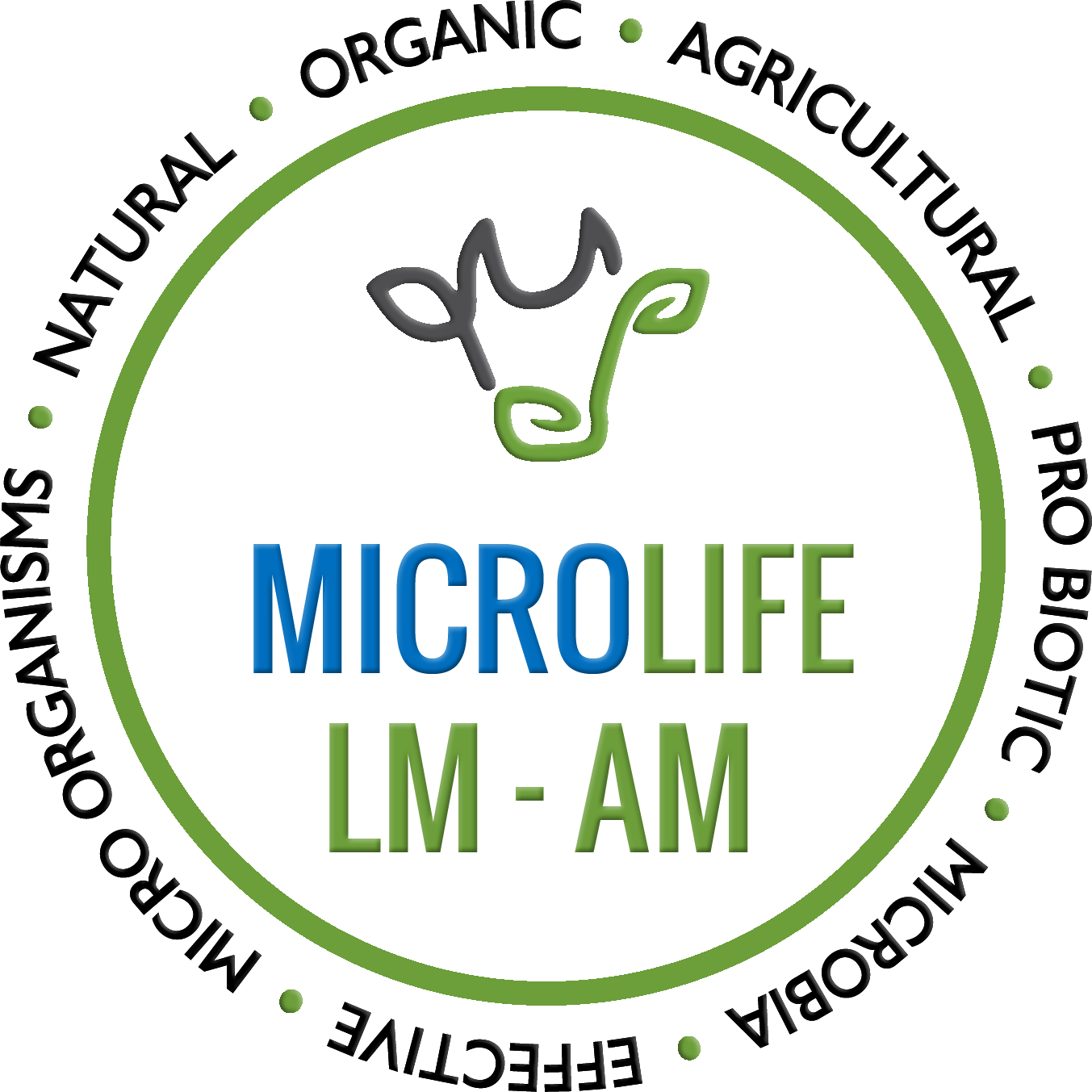
Microlife
Agricultural Products
(Pty)Ltd

Landbou Mikrobes




effect on animals
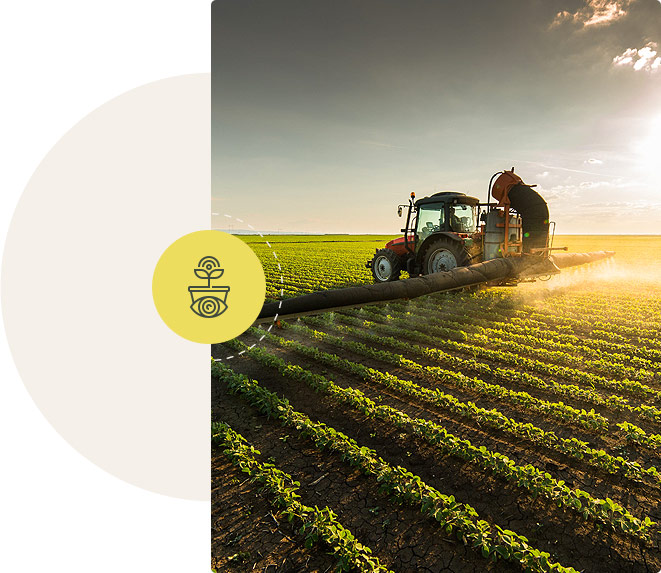

MIMICKING NATURE

The soil is the foundation upon which we build our lives.
The soil is not “just a piece of land”. It is a whole entity that provides a livelihood for all that live in and on it.
For ages, the macrobiome, which is the big thing easily seen with the naked eye has been the only focus of agriculture. With greater and increasing demands on soil-based food, fuel and textile production this focus is shifting to the microbiome.
The microbiome is the microscopic world where all the small things live and die. In every small patch of soil is a vast world whose inhabitants outnumber people many times over. The microbiome is the domain of bacteria, yeasts, protozoa, fungi, lichens, viruses and nematodes and many others. There is more of what we don’t know and understand than what we know and understand. Some are plants, some are animals, and some we are not sure. It is on the one hand very alien, and on the other very familiar to us.
The microbiome is so essential that human life is impossible without it. From experience, parents and farmers know that babies and young animals need colostrum soon after birth or hatching to survive.
From experience, farmers have observed that some plants grow better together, or not at all when separated, and even so the survival of many species is linked one to another, some depending on others for pollination, a part of their life cycle or to spread seeds.
When people took the first baby steps in agriculture they had a lot to learn. When people started keeping domestic animals instead of hunting they soon found out that there were many problems to solve. Having animals graze on the same patch every day soon turned the soil hard and barren. Keeping great numbers of livestock in a confined space made animals sicker and weaker than their wild counterparts. Planting a single type of crop in a field made the crop vulnerable to a single pest or disease.
The first solutions to depleted and damaged soil were to simply slash and burn a new piece of pristine wilderness and start all over again. When pristine wilderness became scarce and to increase yields, growth stimulants in the form of chemical fertilizers became popular and remain in widespread use today. To combat weeds, pests and animal diseases, herbicides, pesticides and antibiotics have become widely used. As crops started to suffer from the overuse of herbicides and pesticides some have been genetically modified to be herbicide-resistant. Many crops now incorporate the BTI (Bacillus Thuringiensis Israelensis) gene in their genome that make them produce their own pesticide to kill insects that want to eat them.
Farmers get advice from soil analysts that explain that the soil has been depleted of minerals, and chemical fertilizers are then ordered to supplement these deficiencies in the soil. The cost of genetically modified seeds and planting material, herbicides, pesticides, fungicides and chemical fertilizers represent the bulk of production expenses on many farms. The use of chemical fertilizers eventually decrease fertility because of nitrification and contribute to water pollution. For some, this has become an inescapable vicious circle.
During the 1980s a researcher in microbiology in Japan, Prof Teruo Higa discovered that while many microorganisms are useful when used alone in the production of for example beer, wine, bread, cheese, sour cabbage, fermented fish and preserves, no single organism alone has any beneficial effect on the health of and production of crops and animals.The breakthrough was the discovery that when microorganisms of all types are combined to a point where they are in balance with each other, plants and animals thrive just like their wild counterparts.
EMRO, the Effective Microorganisms Research Organisation (http://www.emrojapan.com) are leaders in this field and are active in many countries throughout the world teaching farmers how to use microorganisms for organic farming in a sustainable manner.
At Microlife Agricultural Products (Pty) Ltd we assist farmers in South Africa with advice on organic farming and EM Technology® as taught to us by EMRO South Africa and our many years of experience in this field. We supply to the end user our line of Agricultural Microbes. Our own brand is Microlife Landbou Mikrobes – Agricultural Microbes (shortened to Microlife LM-AM).
Whenever our products contain Effective Microorganisms® or EM® it will be stated on the label. Disclaimer: “EM® and Effective Microorganisms® are either registered trademarks or trademarks of EM Research Organization, Inc. in the United States and/or other countries.“
Conditions in South Africa are unique. Microlife LM-AM products are adapted to local conditions and to specific crops and applications. One particular aspect of South African conditions is the need for ground cover, 5cm to 10 cm insulating organic material is typically needed between rows of crops to protect the soil from the sun and to keep the moisture from baking out.
Many parts of South Africa, like Limpopo or the Free State or Northwest, receive some of the highest solar radiation on Earth. Without ground cover, the soil bakes even under shade cloth. When the soil bakes crops can die and the microbiome is damaged. In our experience applying microbes to baking soil has little effect.
Microlife Agricultural Products (Pty) Ltd is proud to have on its team Jan Bouwman. Jan has for more than forty years bred cattle and endurance Arabian horses. Jan is a master farrier that does not shoe horses anymore but believes in conditioning the hooves through sufficient wear and tear to achieve the sought after mustang roll.
Jan could be described as a “horse whisperer “who has for years trained countless students at his stables in the love and understanding of horses and how to compete in endurance races without killing the horse. Many city dwellers stable their horses at his facility near Pietersburg/Polokwane in Limpopo. Jan only trims the hooves when there is insufficient natural wear or to correct a problem. Jan is an advocate of bit-less horse riding, riding competitively without a bit, with only a hackamore, a type of halter that lacks a bit. He holds many local and international endurance race titles. He is the author of articles about the advantages of barefoot and bit-less.
On his own farm, Jan has for years now practiced organic farming using microbes for and in everything and compost for everything else. He further practices high impact short duration grazing followed by months of recovery and advises on the use of ground cover and Microlife Landbou Mikrobes – Agricultural Microbes in the production of crops.
The science of no-till farming, compost instead of chemicals, and high impact short duration grazing are farming tools used in obtaining organic crop certification. Cattle are for example used to weed between rows in an orchard; the dung and urine are mixed with the soil by the hooves enriching it and the cattle is then removed so the soil can recover fully.
Microlife Agricultural Products (Pty) Ltd approaches sustainable chemical-free farming by observing nature and working with it instead of using force to overpower Creation.
Microlife Landbou Mikrobes – Agricultural Microbes ( Microlife LM – AM) are a tool that assists the land steward in achieving sustainable and productive.
PRODUCT & SERVICES WE OFFER

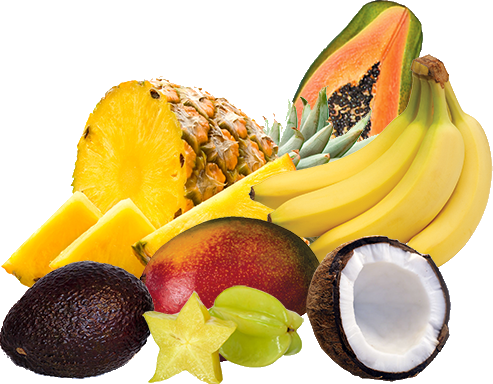
MICROLIFE AGRICULTURAL PRODUCTS APPLICATION FOR TROPICAL FRUIT
Microlife LM-AM Tropical Fruit
INTENDED USE
Microlife LM-AM Tropical Fruit is formulated for application on tropical fruit such as Papaya, Mango, Banana and can also be used for example on Peppers, Brinjals and Tomatoes. It is used to assist in de-nitrification and achieving a healthy microbial soil balance.
See DESCRIPTION, APPEARANCE, STORAGE & APPLICATION on Arrow Link Below
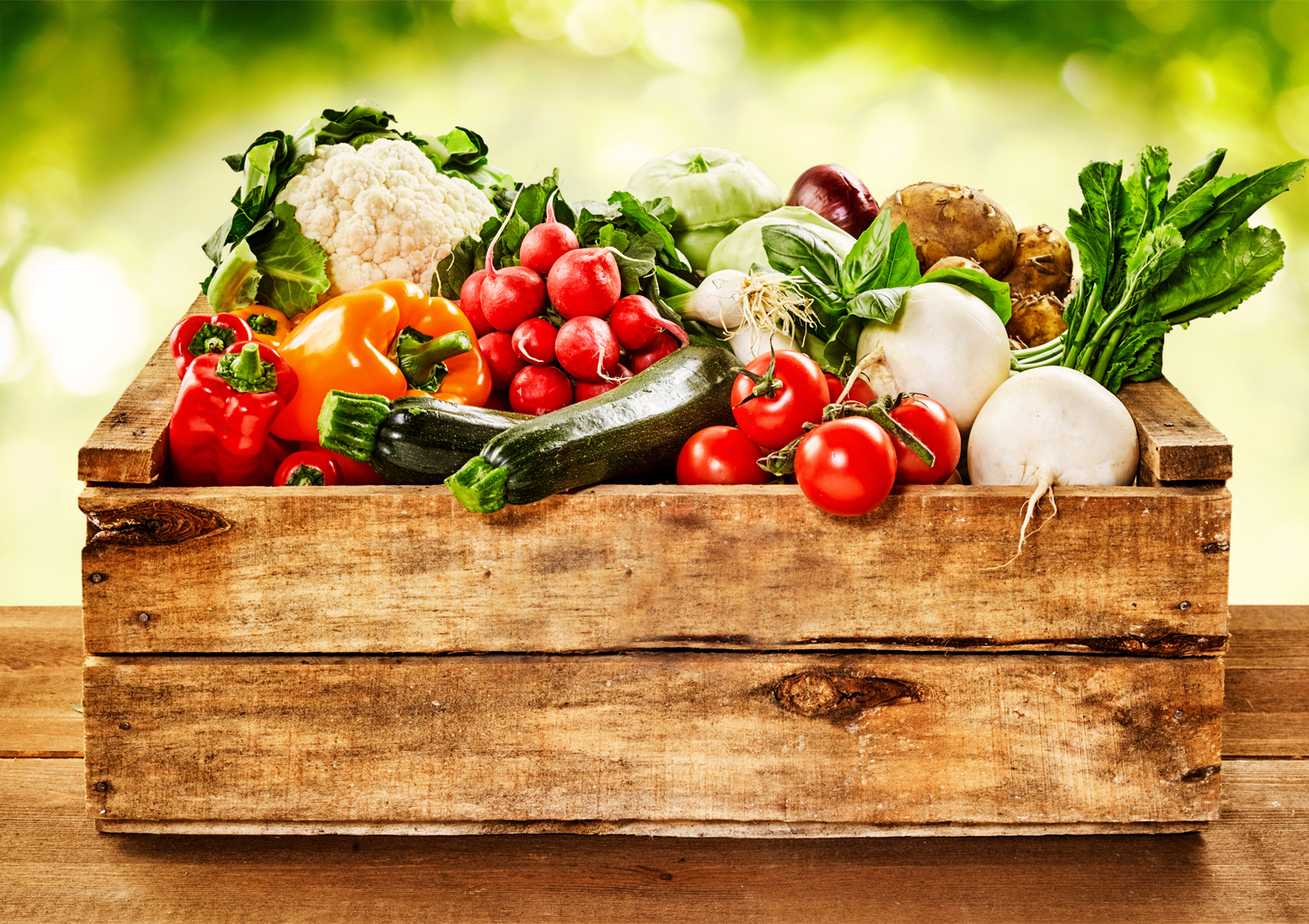
MICROLIFE AGRICULTURAL PRODUCTS APPLICATION FOR VEGETABLES
Microlife LM- AM Vegetables
INTENDED USE
Microlife LM- AM Vegetables is formulated for application on all kinds of vegetables. Like our other products it is used to assist in de-nitrification and achieving a healthy microbial soil balance. To improve yield we recommend proper no tilling soil preparation through the yearly application of 8 cubic metres/hectare compost and on top of that ground cover preceding planting. Ground cover will keep the plants from drying out and suppress weeds, while giving the crop the opportunity to benefit from Microlife LM- AM Vegetables. An indicator of healty soil wil be the appearance of earthworms as they are not affected by Microlife LM- AM Vegetables.
See CROP ROTATION, DESCRIPTION, APPEARANCE, STORAGE & APPLICATION on Arrow Link Below
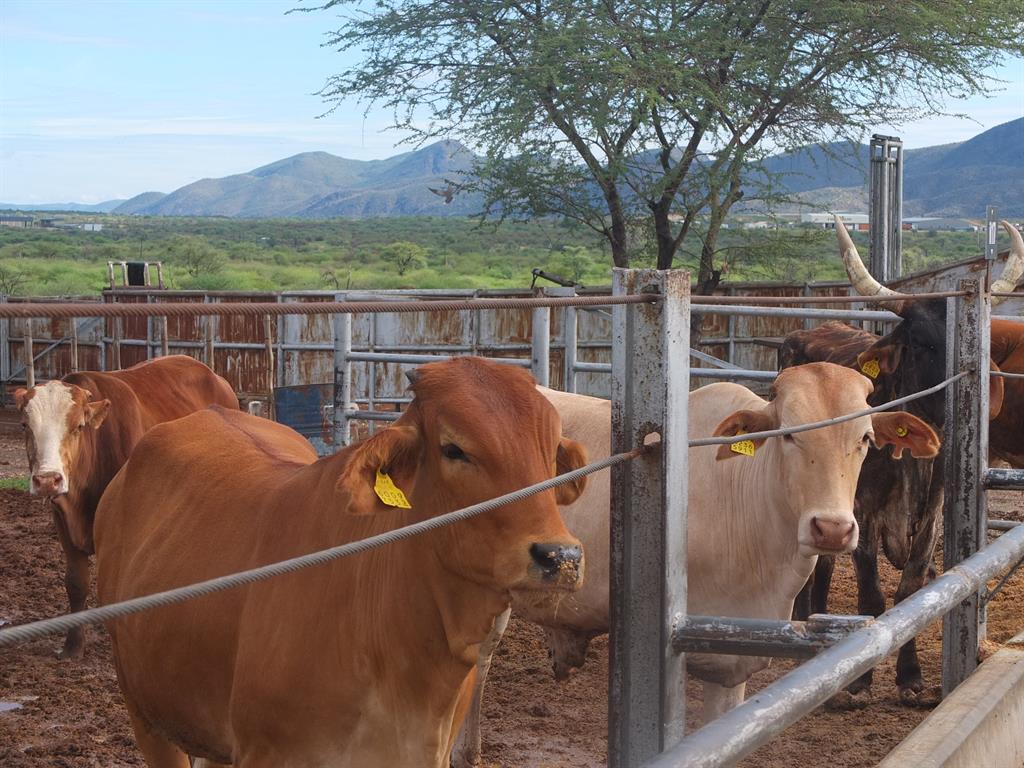
MICROLIFE AGRICULTURAL PRODUCTS APPLICATION FOR ANIMAL HUSBANDRY
Microlife LM-AM Animals
INTENDED USE
Microlife LM-AM Animals is formulated for use in the production of beef, mutton, pork and poultry, and its uses are continuously extended to other animals.
Microlife LM-AM Animals is used to increase feed conversion, reduce antibiotics, control external parasites, reduce smells and improve quality and well being of animals.
Microlife LM-AM Animals can be used to improve feedlot rations.
See DESCRIPTION, APPEARANCE, STORAGE & APPLICATION on Arrow Link Below
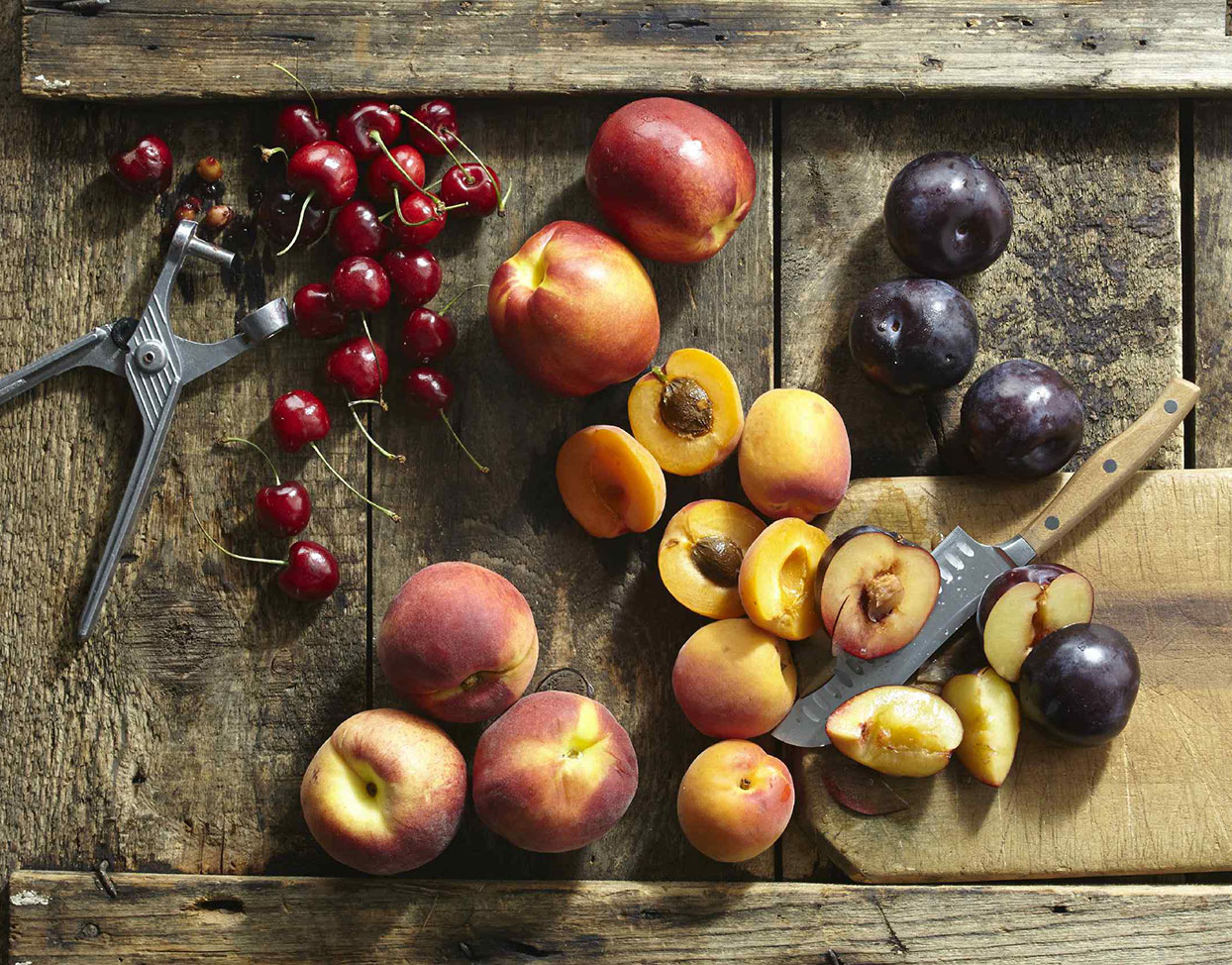
MICROLIFE AGRICULTURAL PRODUCTS APPLICATION FOR STONE FRUIT/DRUPES
Microlife LM-AM Stone Fruit
INTENDED USE
Microlife LM-AM Stone Fruit is formulated for application on stone fruit such as Apricots, Peaches, Cherries, Prunes and so forth. Like our other products it is used to assist in de-nitrification and achieving a healthy microbial soil balance.
See DESCRIPTION, APPEARANCE, STORAGE & APPLICATION on Arrow Link Below
FOLLOW 4 EASY STEPS

At Microlife Agricultural Products (Pty) Ltd we assist farmers in South Africa with advice on organic farming and EM Technology® as taught to us by EMRO South Africa.
OUR RECENT PROJECTS


ORGANIC SOLUTIONS
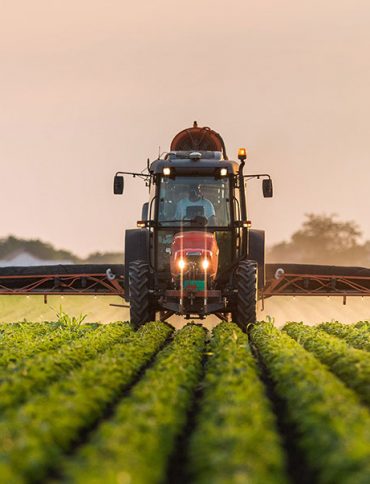
MICROLIFE AGRICULTURAL PRODUCTS
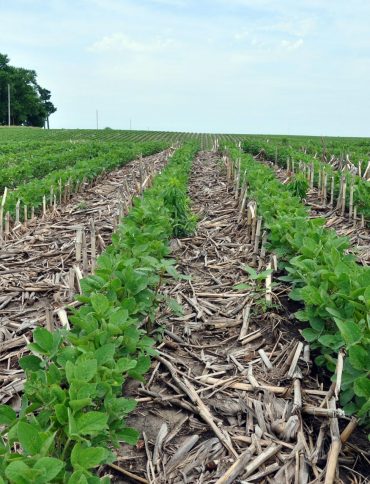
NO TILL FARMING

EFFECTIVE MICROORGANISMS RESEARCH ORGANISATION

CROP ROTATION
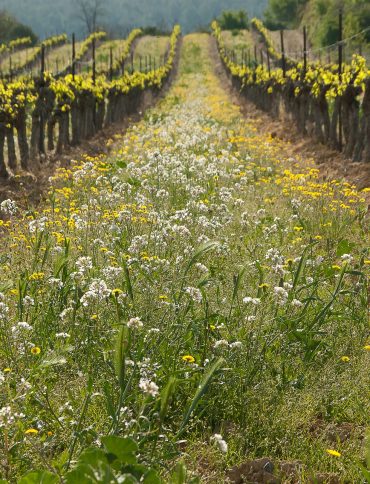
GROUND COVERING
AGRICULTURE & MICROLIFE LM - AM

Microlife LM – AM are natural products, since they are free from toxic waste from pesticides, insecticides, antibiotics, synthetic fertilizers, additives and preservatives, many of which are used in conventional agriculture to eliminate insects or pests and fight diseases and to add color (like in the case of apples, oranges, etc.) On the medium or long term such produce can have negative effects on human health.
Since Microlife LM – AM products don’t contain artificial substances, the foods from ecological farming are assimilated correctly by the organism without altering the metabolic functions. According to nutritionists, most degenerative diseases have their origin in food.
Another characteristic of ecological farming is that, when growing food in balanced soils by natural fertilizers, the products are more nutritious because they contain higher levels of vitamins, essential minerals, antioxidants, carbohydrates and proteins.
Microlife LM – AM products don’t contain synthetic additives. It is noteworthy that the microbes, grown without the use of agro-chemicals, while respecting the natural rhythms and without additives, are balanced and very rich in nutrients which the soil needs for optimal yield of harvest
NEWS & ARTICLES

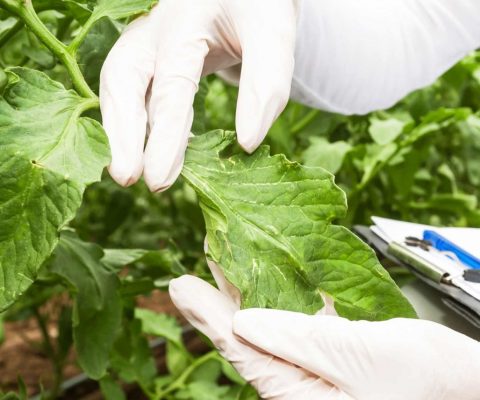
Organic farming
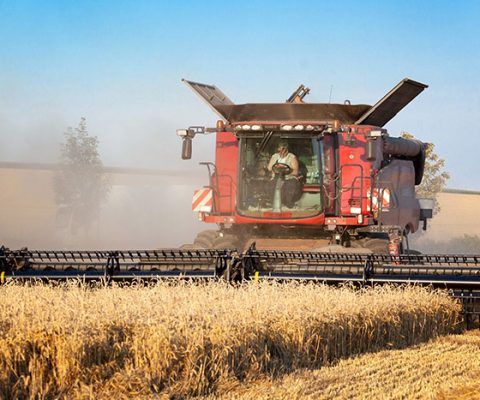
Agriculture Miracle you Don’t Know About
